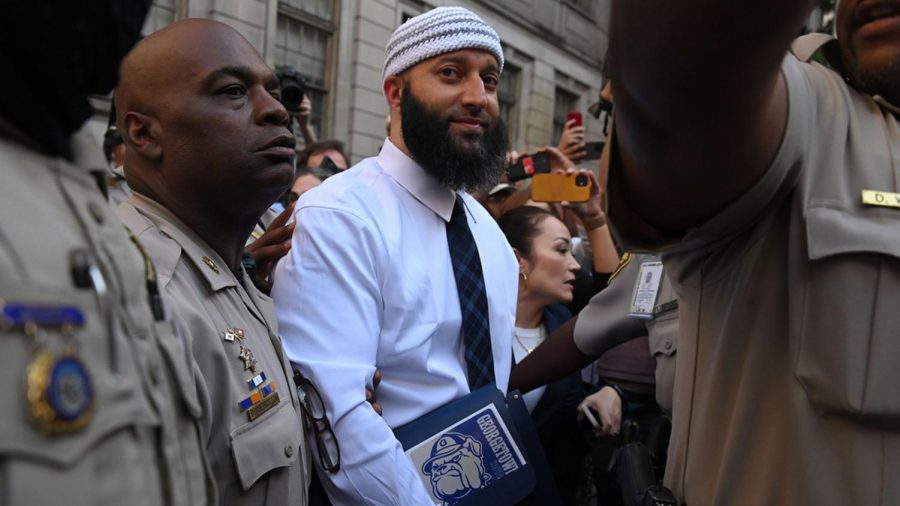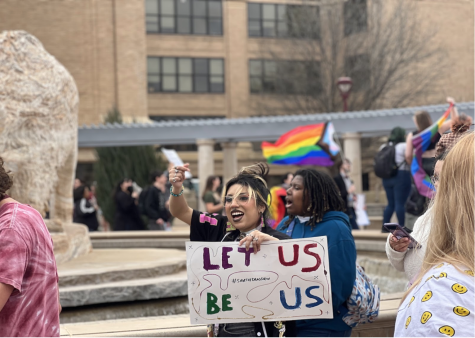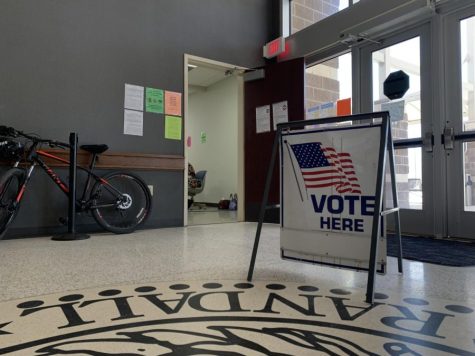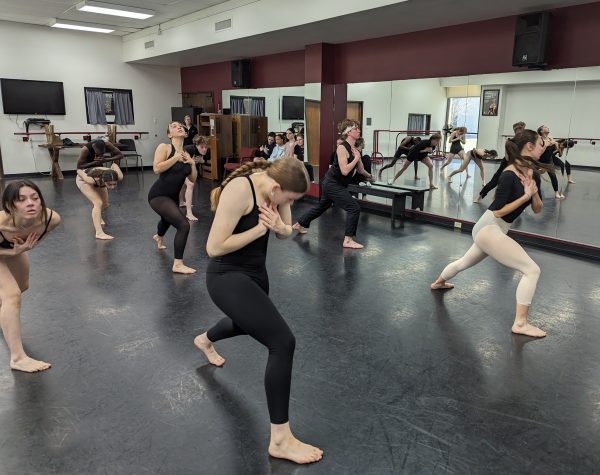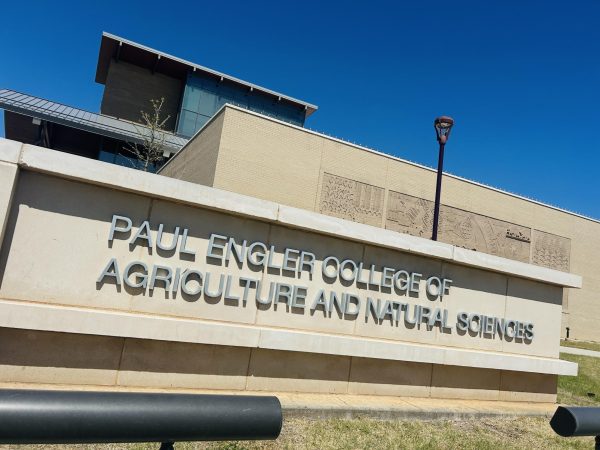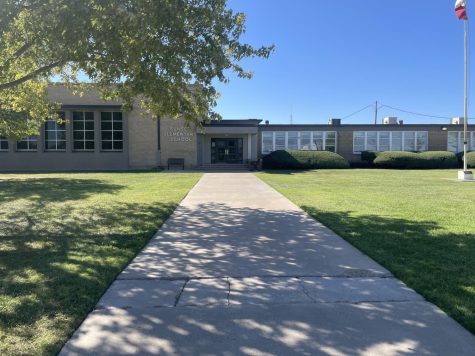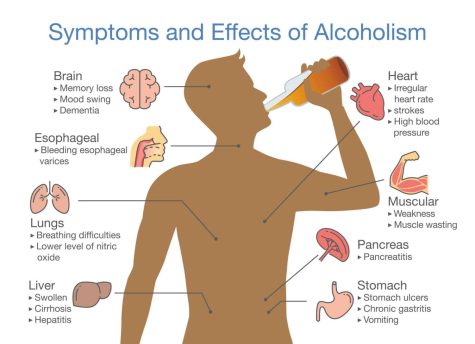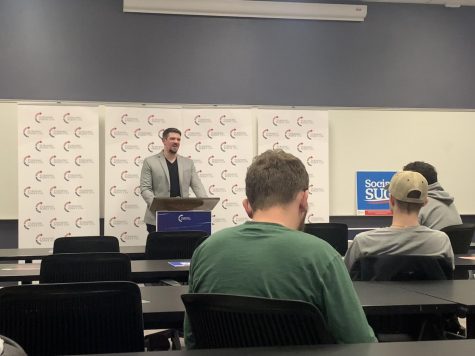Adnan Seyd Retrial
“Adnan Syed steps out of prison for the first time in 23 years.”
On Jan. 13, 1999, Woodlawn high school senior, Hae Min Lee disappeared after school in Baltimore, Maryland. Every day after school, Lee would pick up her cousin, but her family became concerned when she didn’t show up. A month later, on Feb. 9, 1999, Lee’s body was found in Leakin Park by a maintenance guy who stumbled upon her with the cause of death ruled as manual strangulation. Six weeks after Lee initially went missing on Feb. 28, 1999, her 17-year-old ex-boyfriend, Adnan Syed, was arrested and has been in prison ever since.
The state’s case against Syed was simple. He was in a secret relationship with Lee throughout their junior year that was hidden from both their strict immigrant parents, so since he was capable of hiding a relationship, the state argued he must be a manipulator. Someone who would put his family, friendships and social life on the line for a girl, who would later dump him, would leave him outraged and a murderer. Jay Wild, a friend of Adnan, became the police’s adored witness despite the several inconsistencies in multiple statements. Wild claims Syed called him for help to dispose of Lee’s car and body once murdered. So, Wild picked up Syed, and the two spent the evening of Jan. 13, 1999, driving around town, smoking weed, talking about Lee and burying the body. The state’s only evidence was from Wild who directed the police to Lee’s car and cell phone towers pinged outgoing calls to Syed’s cell phone in Leakin Park. Through inconsistent statements from Wild and other people involved in this case, Syed’s unreliable and sick defense attorney, the misconduct of evidence, people of interest and witnesses, the court determined Syed guilty and sentenced the minor to life in prison without the possibility of parole.
In 2014, about fifteen years after Lee’s murder and Syed’s arrest, the nationally syndicated radio program, This American Life, revisited Syed’s case as part of Serial’s podcast series. Sarah Koenig, Serial host and former Baltimore Sun reporter, spent more than a year examining the case before compiling and telling Syed’s case. A story told week by week covering Syed’s day, the inconsistencies, witness allegations, Syed’s unheard alibi, rumors and updates on the hearing, grew a global population and got the case re-examined.
After many attempts at appealing and continuing to be denied, Syed’s final re-attempt at an appeal in 2019 was denied a new trial by Maryland’s Court of Appeals after a lower court ordered a retrial because his original attorney, Cristina Gutierrez, did not contact an alibi witness and provided ineffective counsel. The court declared there was not a significant possibility that the verdict would have been different if the witness had testified. However, Maryland’s Juvenile Restoration Act which passed in April 2021, declares people convicted as minors to ask for a different sentence if they’ve served at least twenty years in prison, essentially motivating State’s Attorney, Marilyn J. Mosby, to retest evidence.
As of March 2022, the case is in the process of additional forensic testing. Touch DNA, unavailable at the time of the trial, would be a wise addition in this case. The testing determines DNA that is left behind from skin cells when a person touches or comes into contact with an item— such as Lee’s clothing, shoes, and hairs found on and around her body.
In a remarkable reversal, Syed walked out of prison on Sept. 19, 2022 for the first time since he was a teenager, spending 23 years fighting his convictions on murder charges. Judge Melissa M. Phinn of Baltimore City Circuit Court vacated the conviction “in the interest of justices and fairness,” after declaring prosecutors had failed to turn over crucial evidence during Syed’s trial and discovered new evidence that could have affected the outcome of his case.
Prosecutors have until Oct. 19, 2022 to decide if they will proceed with a new trial or entirely drop the charges against Syed, who was ordered to serve home detention until then. It was mentioned after deliberating with Syed’s current lawyer, Erica J. Suter, and prosecutors, that an investigation has raised two possible alternative suspects. The investigation also identified the cellphone tower data as “reliability issues regarding one of the most critical pieces of evidence” which was one of the state’s most arguing points that convicted Syed.
Although the state is not declaring Syed innocent, they are providing him a second chance at a fair trial. Syed’s case left everyone wondering how certain a 17-year-old in 1999 accounted for twenty-one minutes of their day after school six weeks later. The court began to question the case because there were gaps in the evidence. These gaps consisted of a six week delay in providing evidence. With a new trial is in process, we can hope for Syed’s case to rightfully close and Lee’s murder to be resolved; bringing her family and potentially Syed’s family some justice.

Hi everyone! My name is Kaelin Collar, and I'm a sophomore majoring in biology on a pre-medical track from Oregon. I've been with The Prairie News for...



